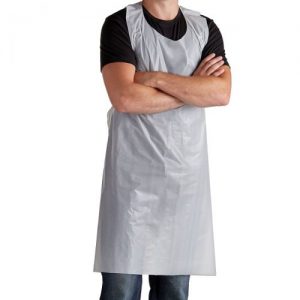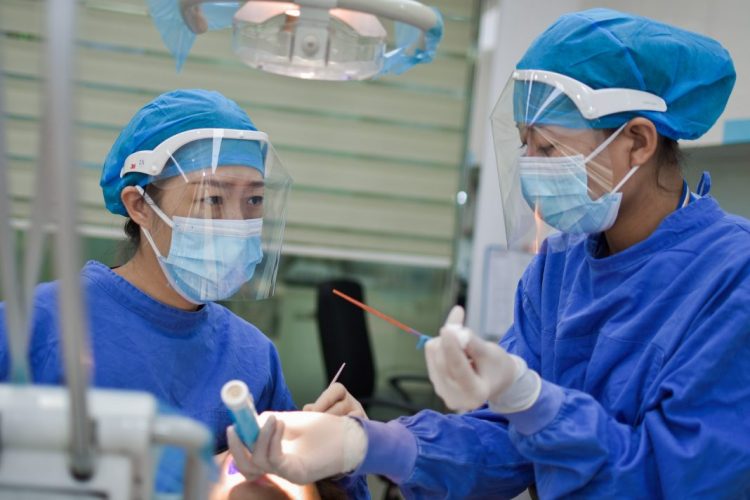Personal protective equipment is a special disposable kit worn by healthcare experts and workers to prevent themselves from infection, body fluids, germs, and other hazards. PPE supplies work as a barrier against cross-contamination, which in healthcare is a must.
Who needs a PPE in healthcare?
There is a shared misconception that only doctors and nurses wear PPE kits. PPE kits are required by patients as well. Even at times, visitors from the patient’s family are required to wear PPE. The transmission of infection like COVID cannot be stopped without proper PPE kits.

The gloves, surgical face masks, face safety shields, disposable polythene aprons, and headcovers protect the workers from getting the infection through the nose, mouth, ears, and eyes.
When should you wear each personal protective equipment?
As discussed before, PPE supplies help to fight against contamination. The PPE is disposable items of clothing, often discarded in special waste containers to prevent exposure to germs. So, let’s discuss about when you should wear each of them and why.
Disposable gloves
Wearing a glove is a complete necessity whenever you are in contact with someone else. With the pandemic going on, a glove should be worn even when you are going for shopping groceries. These are standard PPE kits for health care due to their ability to prevent pathogenic diseases. Exposure to body fluids, blood, or other secretion like mucus can be highly contagious.
Face mask
A surgical mask can shield you from getting germs directly on your mouth and also prevent your germ from getting contaminated with others. A surgical face mask covers your nose and mouth completely with a tight seal that rests on your nose. Currently, these masks are in maximum demand not only by healthcare workers but also by the general public. These face masks provide excellent protection from saliva or other body fluids getting transmitted.
Disposable clothing
This category includes- surgical gowns, disposable polythene aprons, head coverings, and shoe covers.
Disposable clothing is largely used in surgeries and by visitors who are visiting a patient with a highly infectious disease. Disposable aprons often protect healthcare workers from soiling their clothes while on duty.
During the pandemic, aprons have also grown in demand. Although they are not a daily necessity, thanks to surface sprays, but if you are taking care of a COVID patient, always use an apron. This will prevent you from having direct skin contact with your patient.
Face shields and Goggles
Eye protection is usually done by using transparent face safety shield and goggles. A lot of times, when sneezing or coughing, a certain amount of mucous gets to the eyes. It is better for individuals who come in close proximity to many people to use a face shield to prevent any saliva spats from getting in the eyes. If the COVID 19 virus gets in contact with your eye, fluid can enter your body through the mucous membrane.
How to take off the PPE gear?
If you are a healthcare expert, you already know how to remove your PPE kit properly. But due to unawareness, many people make mistakes while taking off their PPE gear.
Please note that removing and disposing of your PPE kit in the right way is as important as putting on the gear.
So, here is a quick step-by-step routine of how to remove your PPE correctly.
• Use a surface spray and start by removing the gloves and apron. Avoid touching your clothes as much as possible. Dispose of them immediately in a bin.
• Wash your hands thoroughly with soap.
• Only after washing your hand first should you opt for removing your face masks, face shield, and eye gear (if you have any). When done removing, dispose of the masks/ shields immediately.
• Perform hand hygiene again and wash your face.
In a time like this, the importance of PPE gear cannot be stated enough for every individual. But please ensure that the ones that you are buying are of good quality. Poor quality masks or face shields will not be able to protect you from germs and virus transmission. Keplin is one of UK’s leading wholesalers of high-quality PPE kits. Check out their website for authentic face masks, aprons, and other necessary PPE supplies.




